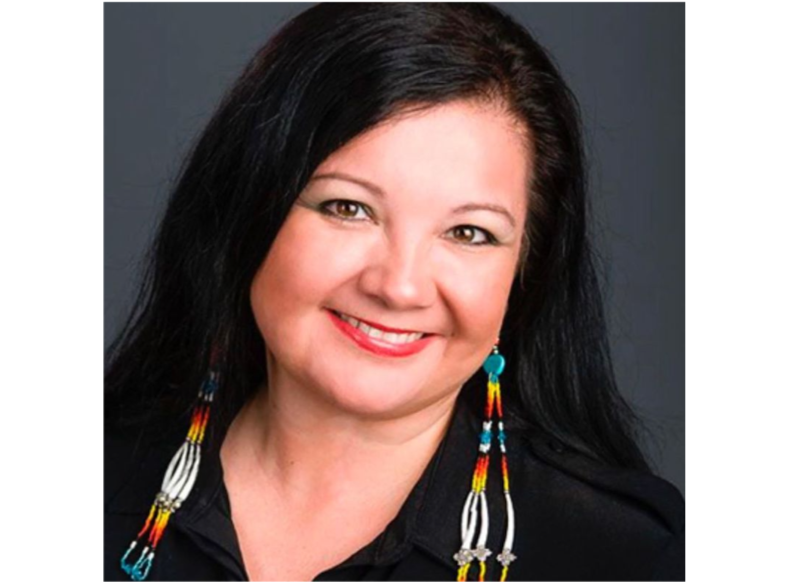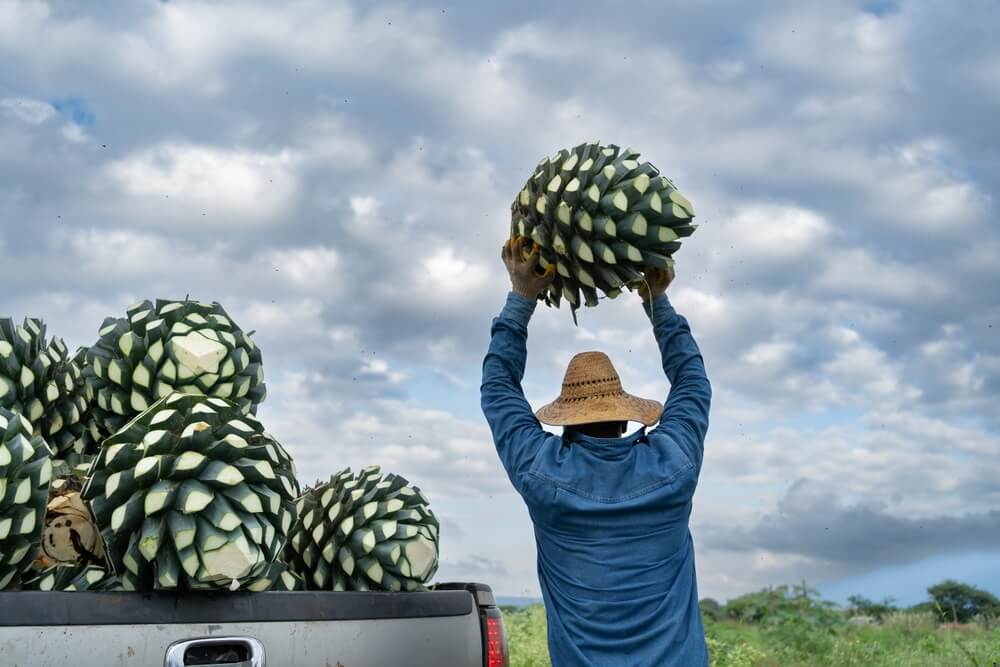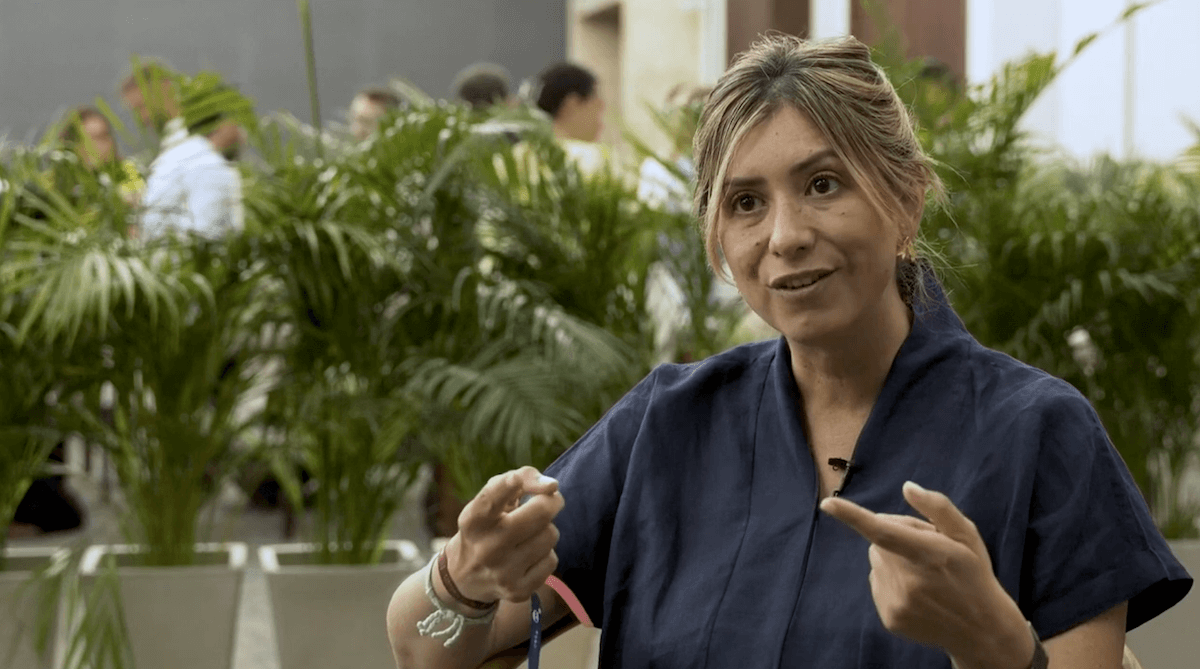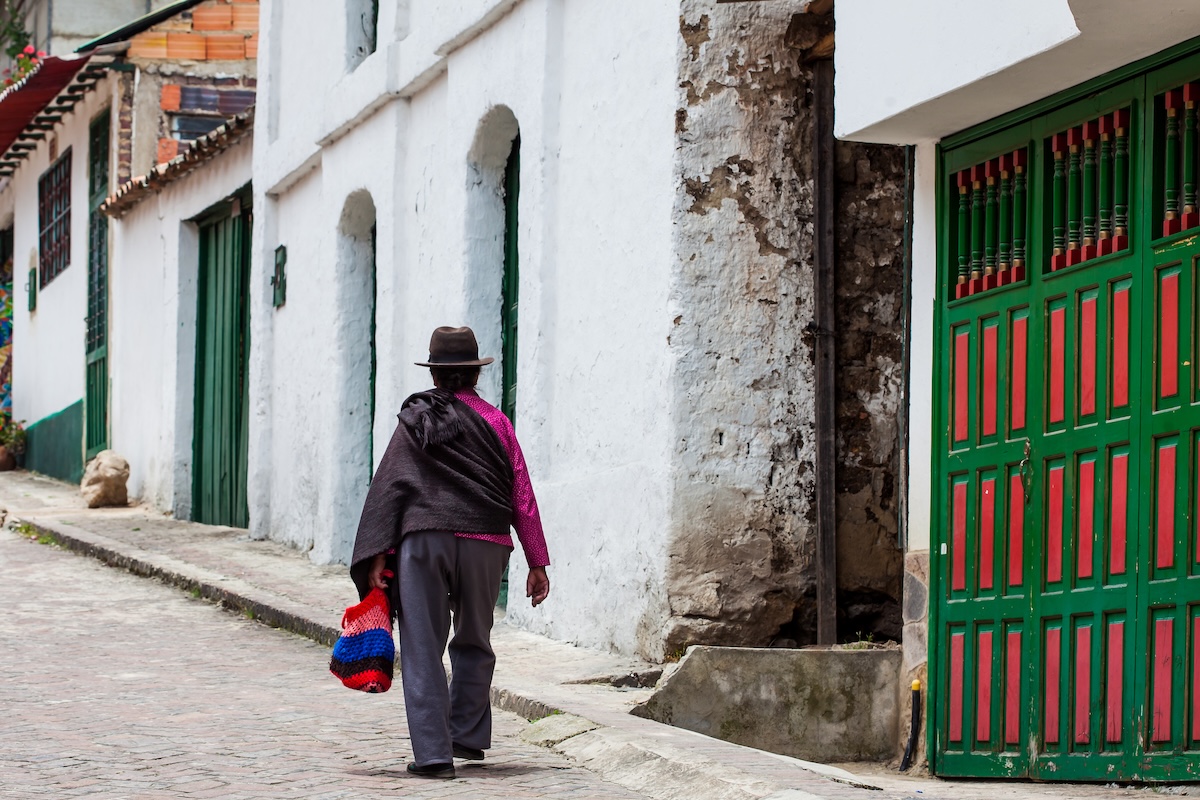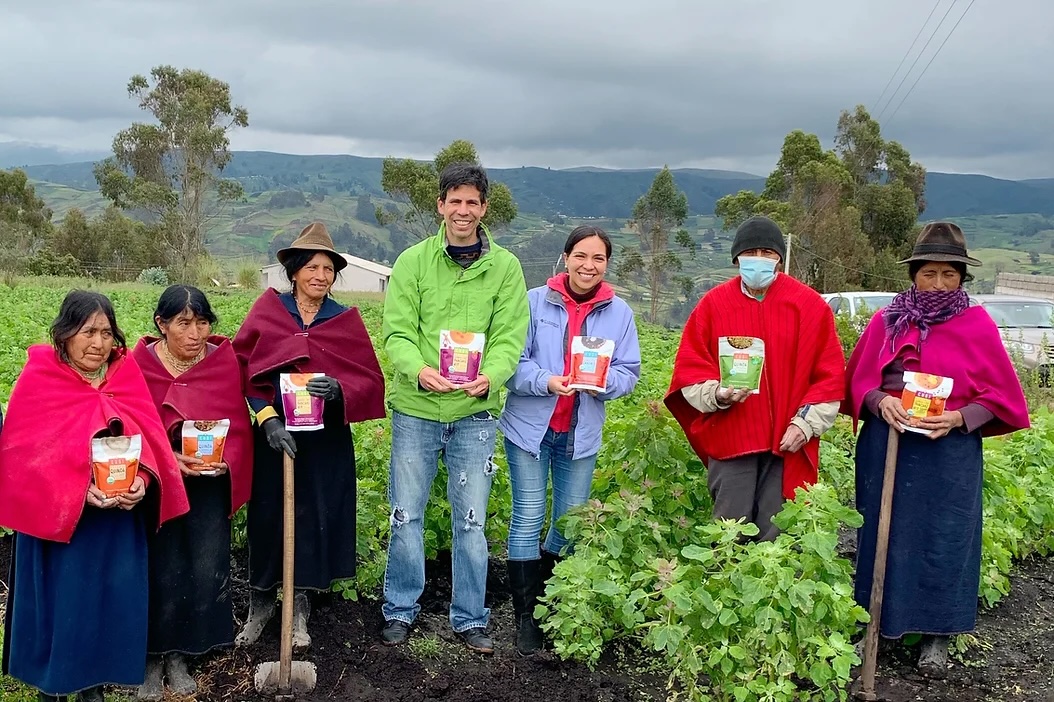ImpactAlpha, July 24 – Dawn Sherman says the buffalo is the perfect metaphor for what it’s like to be at the helm of a Native enterprise. “Buffalo face the storm. During any kind of winter storm, they face it and they walk into the storm, because they know that eventually they will walk out.”
This month, Native American Natural Foods, which Sherman leads as CEO, took a big step out of a storm it’s been weathering for years. The maker of the popular Tanka buffalo snacks raised its first round of institutional funding, after ensuring the deal’s terms protected the enterprise’s social mission and Native ownership. Investors Libra Social Investment Fund, Clearinghouse CDFI and Highlands Associates embraced the vision of founders Karlene Hunter and Mark Tilsen, who launched NANF on South Dakota’s Pine Ridge Indian Reservation in 2005 to restore buffalo to Native lands, provide livelihoods to the Lakota tribal community and bolster local food security and health.
“The terms fit with the fabric of who we are,” Sherman told ImpactAlpha.
A Native food company’s commitment to social mission attracts investors at last
Sherman, a member of the Shawnee and Delaware tribes, joined NANF eight years ago to make a positive impact on her community, hard hit by poverty, food insecurity and “rural decay.” She became CEO two years ago.
“We’re seeking justice,” says Sherman. “Not only for the land, for Native visibility, for oppression, but also for food security, systems and sovereignty.”
She was surprised how difficult it was to attract even impact investors. “Many investors wanted a venture capital-type exit. That just didn’t fit for us because we have such a big mission,” she says.
There are hundreds of Native-owned food companies, but few have been able to raise investment capital. As NANF’s production and capacity ramp back up, Sherman wants the company to offer technical assistance and resources, and eventually build partnerships that help other brands grow organically.
“Everyone should be able to access healthy food. It shouldn’t be dependent on this grow-sell business model that pushes little brands down,” she says.
She also hopes that NANF and its backers will become a model for other investors and funders to follow.
“We’ve seen a lot of investment money that goes just up to the border of the reservation, but they never take that step over the border,” Sherman explains. Many investors don’t know or aren’t interested in learning how to work with Native entrepreneurs and communities, or steer away from the poverty and lack of resources.
To those who dismiss Native businesses and projects as too risky, she adds, “You don’t get reward without risk.”

